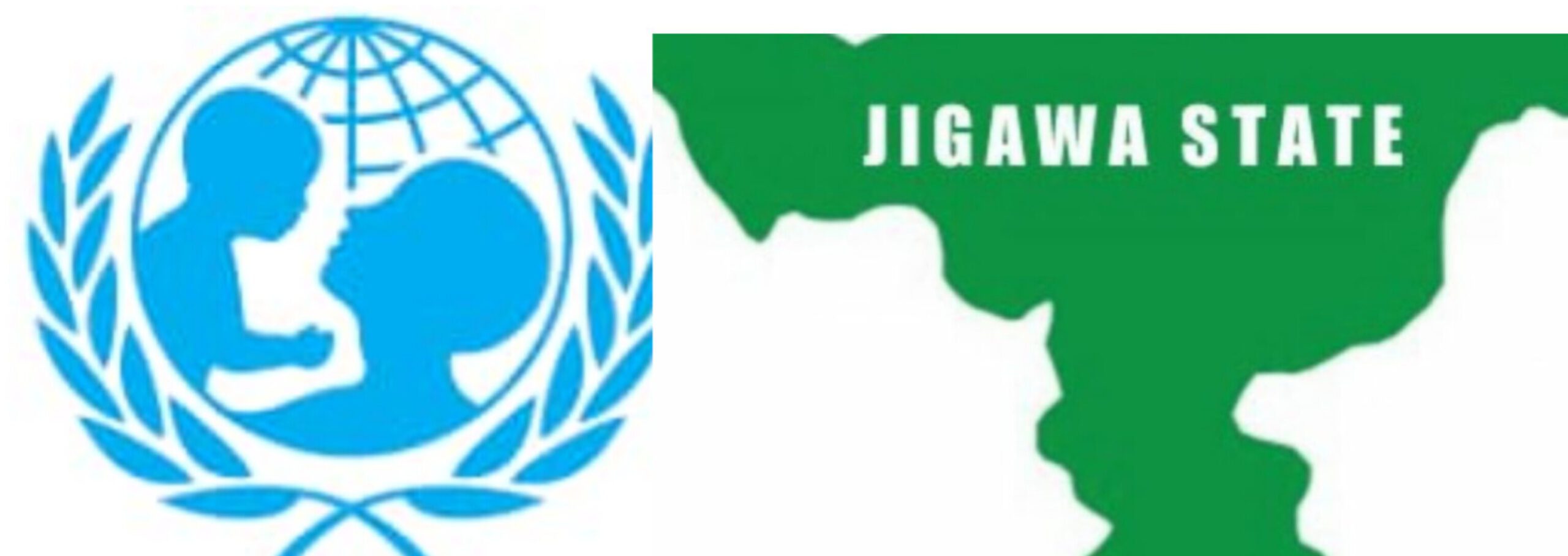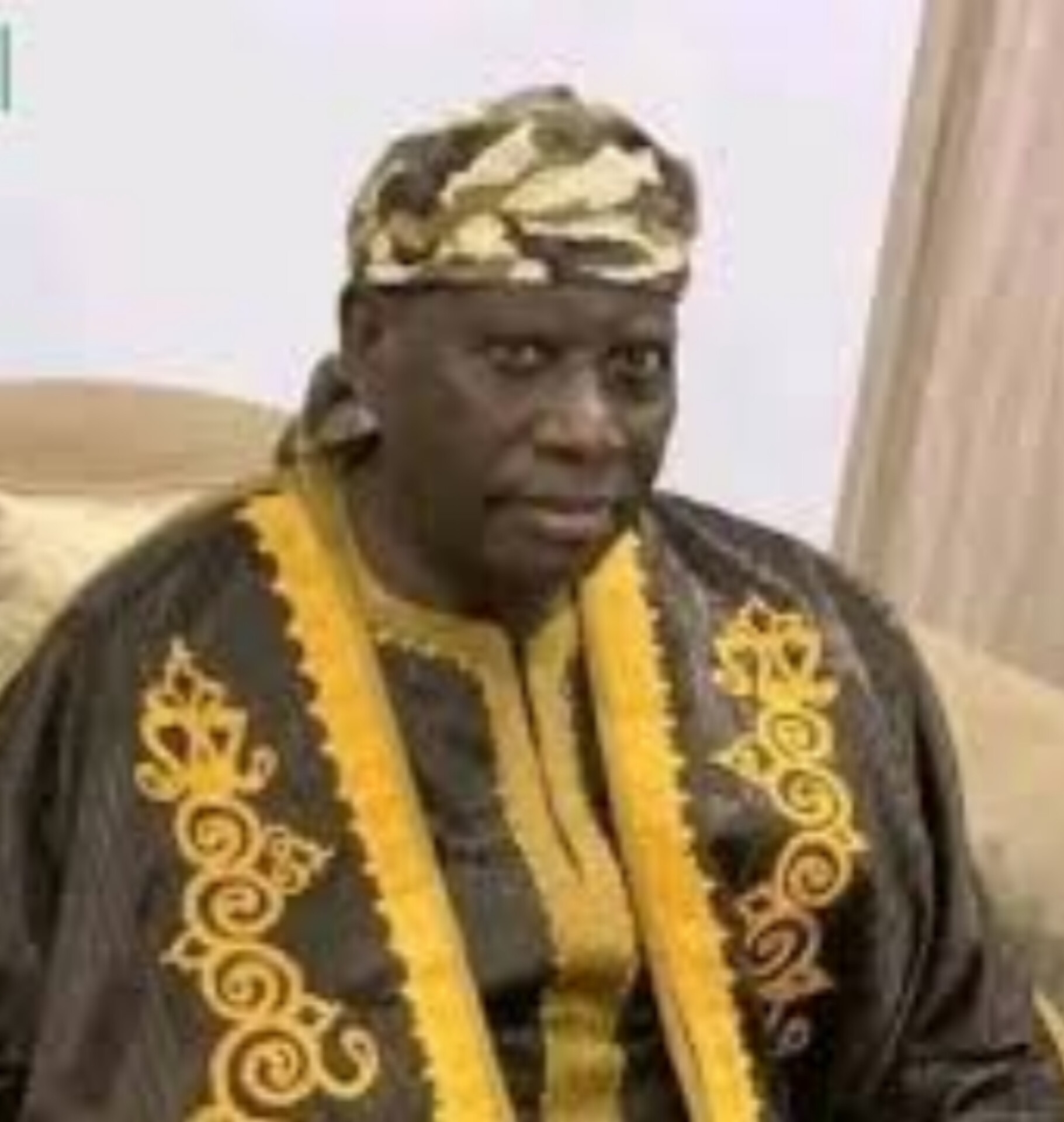By Ahmed Rufa’i, Dutse
A coalition of stakeholders under the Jigawa Health Partners has raised alarm over inconsistent budgetary allocations and delayed fund releases to the Jigawa State Ministry of Health, which they argue have adversely affected the delivery of healthcare services and the completion of critical health projects in the state.
In a statement signed by executive director of the Exceptional Leadership and Integrity Promotions Initiative (ELIP), Comrade Isah Mustapha, the group highlighted findings from its third-quarter 2024 budget performance analysis. The analysis revealed poor budget implementation and significant reallocations from capital projects to recurrent expenditures, undermining the ministry’s ability to achieve its objectives.
The coalition, comprising civil society organizations, academics, and media representatives, lamented that despite health being a focal point of Governor Umar Namadi’s 12-point agenda, the sector’s allocation in 2024 dropped from 10.7% in the approved budget to 10.3% in the revised version. This is the lowest allocation in eight years, falling short of the 15% benchmark established by the Abuja Declaration.

According to the statement, the 2024 health budget was initially approved at ₦36.208 billion, increased to ₦41.208 billion in a supplementary budget, but later reduced to ₦39.457 billion in a revised budget—a cut of over ₦2 billion, primarily from capital expenditures.
An appraisal of capital projects revealed that only 18 out of 33 planned projects received funding between January and September 2024. Key initiatives such as psychiatric hospital development, family planning programs, and ophthalmic units in general hospitals received no funding.
The statement also noted that the programs have faced chronic underfunding over several years.
While recurrent expenditures showed significant growth—rising from ₦41.808 billion in Q2 to ₦72.589 billion in Q3—capital expenditure performance remained suboptimal, with only ₦102.239 billion spent out of the allocated ₦174.828 billion (45.6% performance).
The Jigawa Health Partners made several recommendations to address the challenges, urging the state government to vommit to allocating at least 15% of the state budget to health in line with the Abuja Declaration and ensure timely and full releases of allocated funds.
They also urge the government to rioritize Capital Projects by ensuring that all MDAs receive at least 20% of their capital budget quarterly to enhance project execution and performance.
They also want oversight on procurement to be strengtened through enforcement of adherence to procurement plans and conduct monthly review meetings to improve transparency and accountability in project execution.
“Retain the budget for the Jigawa State Agency for the Control of AIDS (JISACA) under the Office of the Deputy Governor while transferring its mandate to the Ministry of Health.
“Strengthen community engagement to promote ownership and sustainability of health services and programs.”
The group also emphasized the need for better coordination between the Ministry of Budget and Planning departments to improve data consistency and ensure optimal budget utilization.
The statement concluded by urging the state government to honor its commitments under the Mutual Accountability Framework (MAF) and ensure that health funding is prioritized in future budgets.
The coalition also called on civil society organizations and community leaders to intensify advocacy for improved health investment and services.
“Health is a fundamental sector that cannot be overlooked,” the statement read. “We urge the state government to act swiftly to address these gaps and fulfill its promise of delivering quality healthcare to the people of Jigawa.”
END




